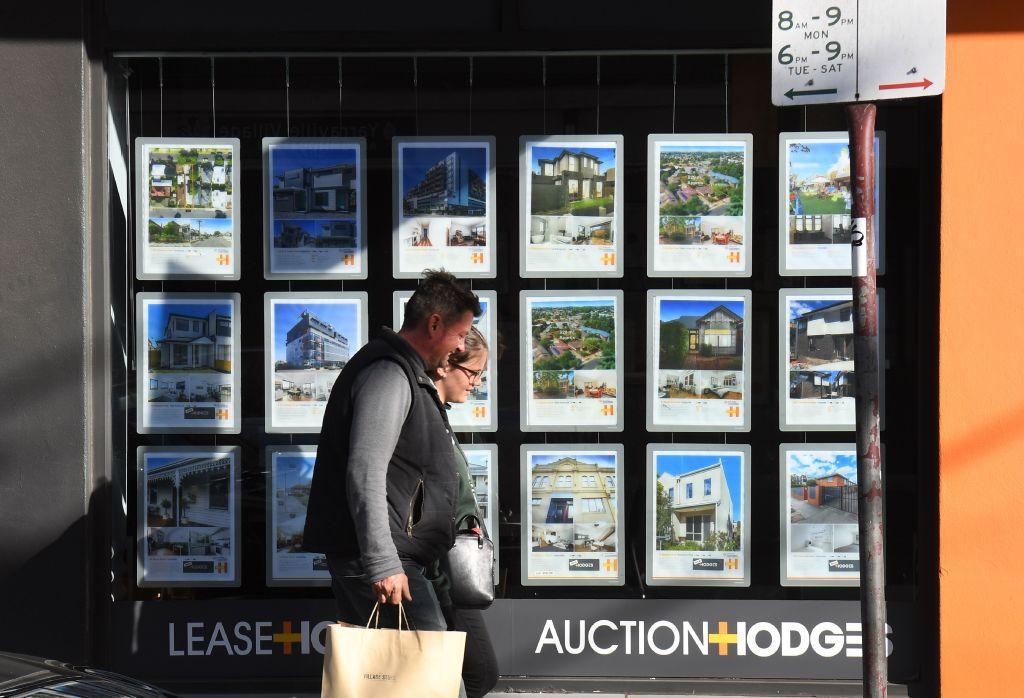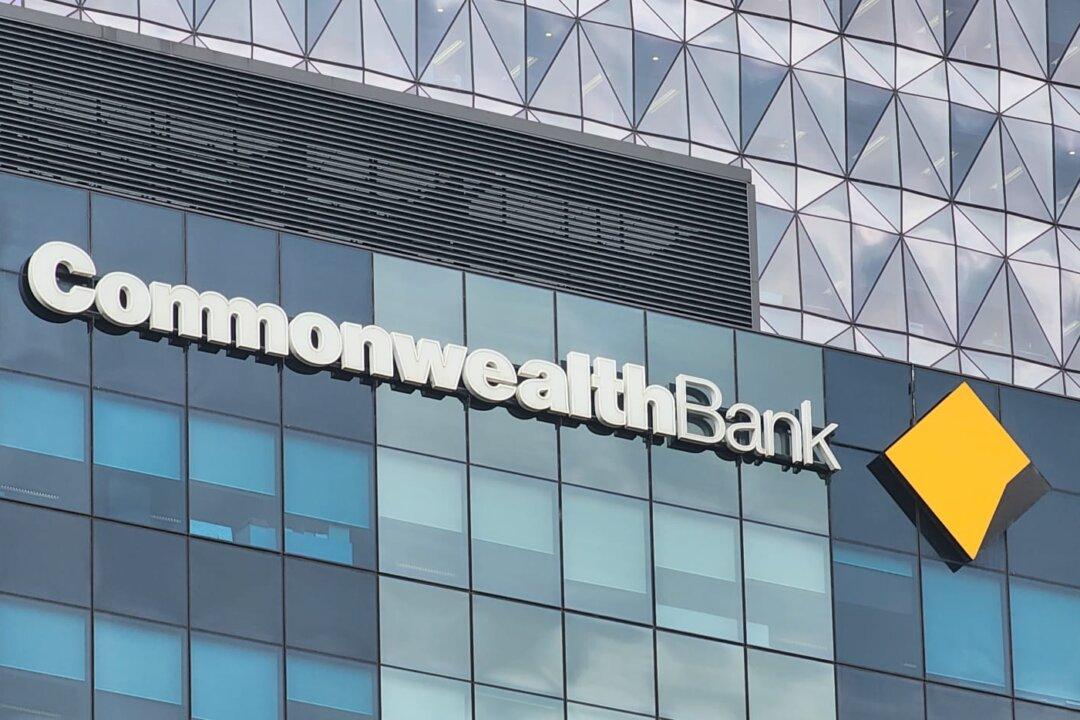Climbing property prices have taken the average owner-occupier mortgage to a record high of almost $636,600 (US$414,000).
The average loan size gained another 1.7 percent nationally in June, as Aug. 2nd’s Australian Bureau of Statistics (ABS) numbers show, buoyed by swelling housing values from mid-sized capitals.





